Upcoming Events

2025 Virtual Dissertation Camp
Monday, June 2, 2025 9:00am to 1:00pm
The Writing Center's Dissertation Writing Camp takes place via Zoom from Tuesday May 27 to Friday June 6. Graduate students from colleges and departments across campus meet in facilitated discussion groups, write together, track their progress on blogs, meet individually with Writing Center consultants, and attend presentations on dissertation-related topics. Events include presentations from staff in the UI Libraries, the Graduate College, and Student Health about resources to support graduate...

2025 Virtual Dissertation Camp
Tuesday, June 3, 2025 9:00am to 1:00pm
The Writing Center's Dissertation Writing Camp takes place via Zoom from Tuesday May 27 to Friday June 6. Graduate students from colleges and departments across campus meet in facilitated discussion groups, write together, track their progress on blogs, meet individually with Writing Center consultants, and attend presentations on dissertation-related topics. Events include presentations from staff in the UI Libraries, the Graduate College, and Student Health about resources to support graduate...

2025 Virtual Dissertation Camp
Wednesday, June 4, 2025 9:00am to 1:00pm
The Writing Center's Dissertation Writing Camp takes place via Zoom from Tuesday May 27 to Friday June 6. Graduate students from colleges and departments across campus meet in facilitated discussion groups, write together, track their progress on blogs, meet individually with Writing Center consultants, and attend presentations on dissertation-related topics. Events include presentations from staff in the UI Libraries, the Graduate College, and Student Health about resources to support graduate...

2025 Virtual Dissertation Camp
Thursday, June 5, 2025 9:00am to 1:00pm
The Writing Center's Dissertation Writing Camp takes place via Zoom from Tuesday May 27 to Friday June 6. Graduate students from colleges and departments across campus meet in facilitated discussion groups, write together, track their progress on blogs, meet individually with Writing Center consultants, and attend presentations on dissertation-related topics. Events include presentations from staff in the UI Libraries, the Graduate College, and Student Health about resources to support graduate...
Pagination
Spacer
Upcoming Application Deadlines
Upcoming Application Deadlines
News
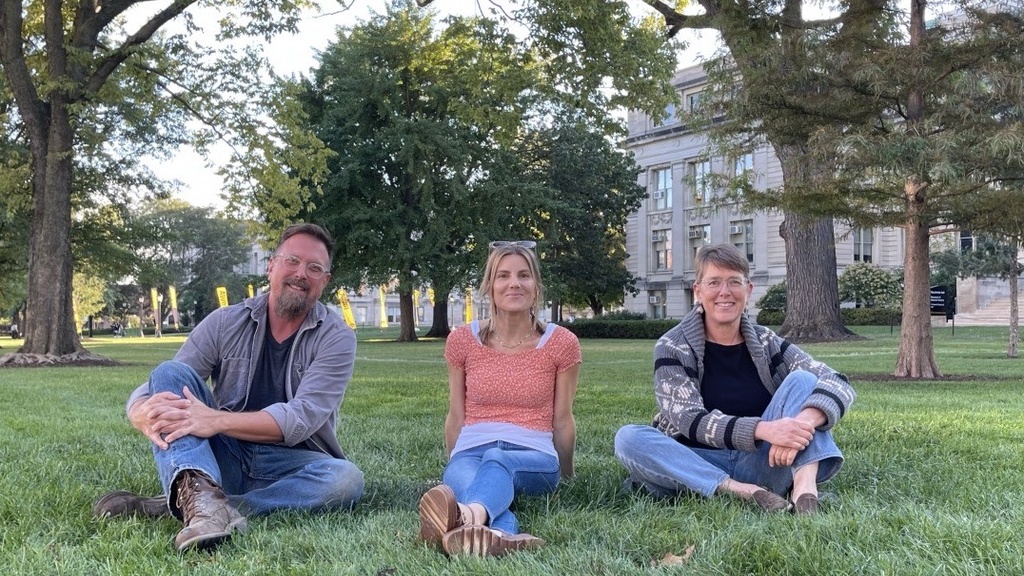
Planting Hope: The Anne Frank Tree Arrives in Iowa
On February 23, 1944, a 15-year-old girl gazed from an attic window at the topmost branches of a tree. The tree had become a sort of friend to her, a reminder of life beyond the small space to which she was confined and one of the few things she could see from the only window that was not blacked out. In her diary that day, she wrote, “I look up at the blue sky and the bare chestnut tree, on whose branches little raindrops shine, appearing like silver, and at the seagulls and other birds as they glide on the wind. As long as this exists…and I may live to see it, this sunshine, these cloudless skies, while this lasts, I cannot be unhappy.” Those words represent the hope that has made their author, Anne Frank, one of the major figures of World War II and a ubiquitous symbol of optimism in the face of unthinkable darkness.
On April 29, 2022, the thirteenth Anne Frank Tree will be planted on the northeast corner of the University of Iowa’s Pentacrest. Its arrival is due to the work of Frank scholar and UI German Department faculty member Dr. Kirsten Kumpf Baele. Her proposal to bring a tree to Iowa City was accepted a year and a half ago by the Anne Frank Center USA; however, the pandemic postponed the original planting ceremony, which is now slated for April 29, 2022.
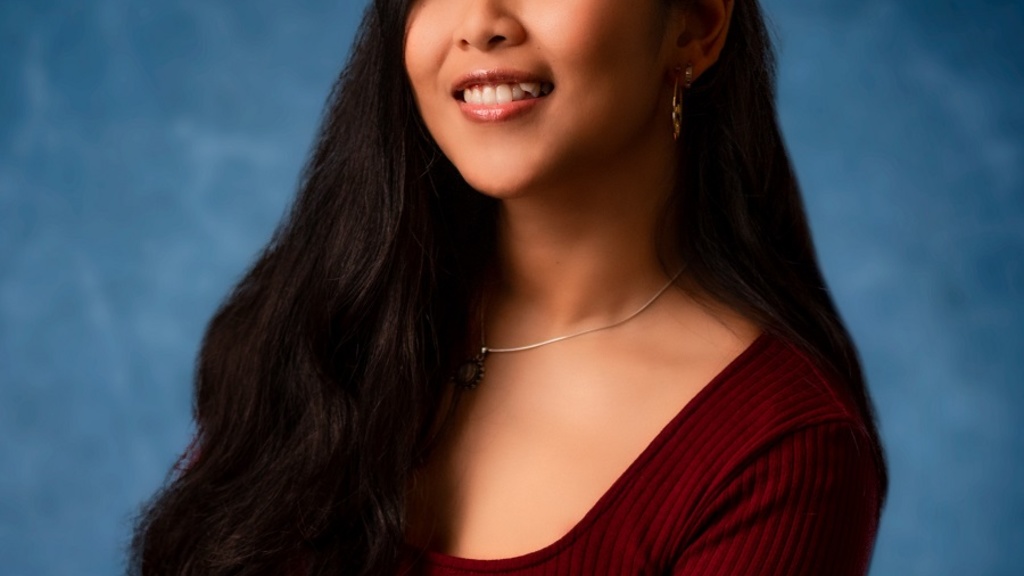
Bethanny Sudibyo Wins 2021 Humanities 3MT
Bethanny Sudibyo (Spanish & Portuguese, CLAS) won the 2021 Obermann Humanities 3MT for her presentation “Imperial Imaginings: Representations of Religion, Race, and Gender in 19th-Century Spanish Philippine Novels.” Sudibyo's win earned her a place in the campus-wide 3MT finals, the winner of which will be announced on November 12.
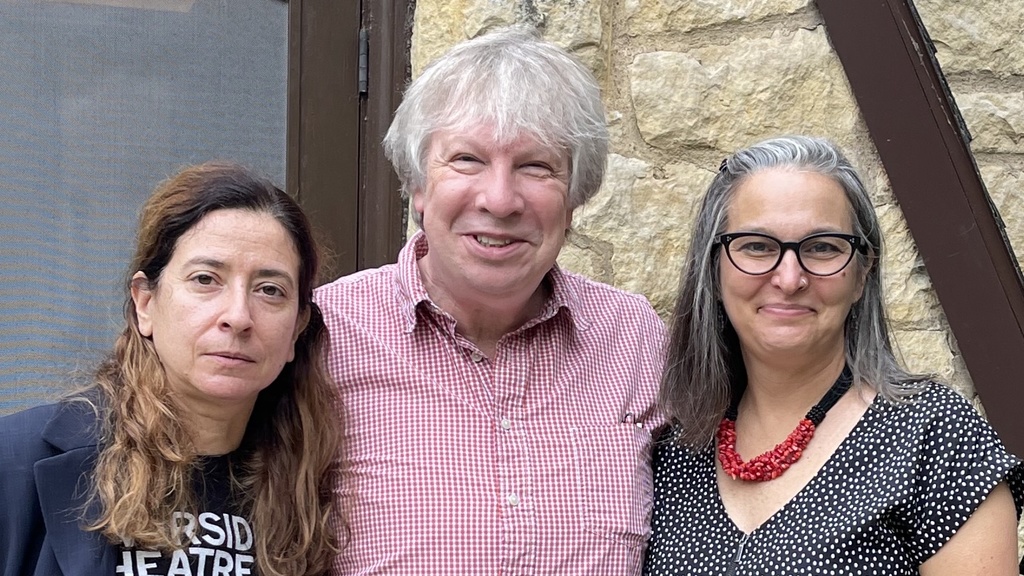
University of Iowa Awarded 2022-23 Mellon Sawyer Seminar
The University of Iowa Obermann Center for Advanced Studies in the Office of the Vice President for Research is pleased to announce the award of a grant totaling $225,000 from The Andrew W. Mellon Foundation to host a Mellon Sawyer Seminar on “Racial Reckoning and Social Justice Through Comics” at the University across the academic year 2022-23.
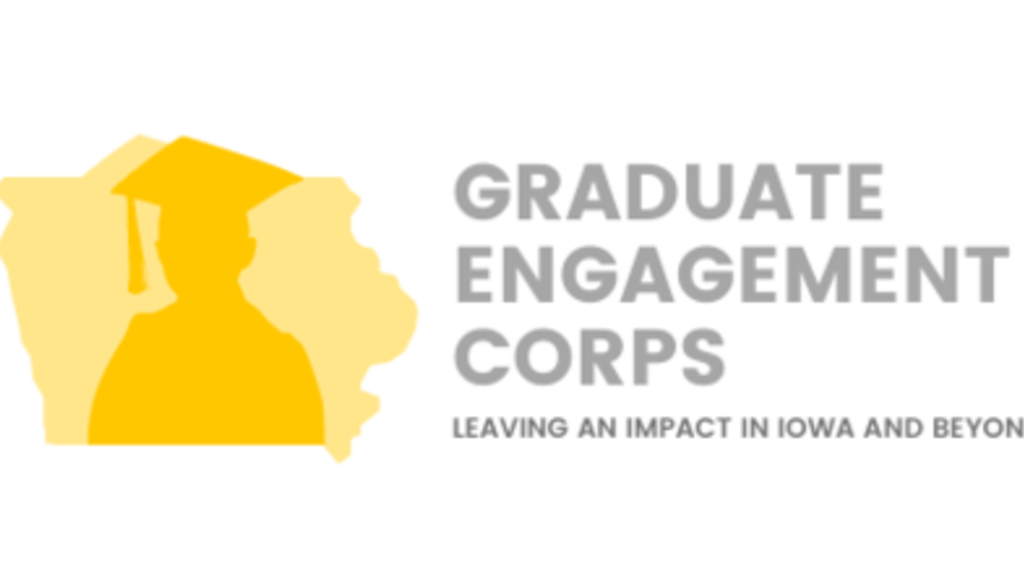
Goodbye, Gradate Institute. Hello, Graduate Engagement Corps!
The Obermann Graduate Institute on Engagement and the Academy was started fourteen years ago at a time when public engagement was not a well-known practice on university campuses. More than 200 University of Iowa graduate students have participated in this program, many of them going on to lead or participate in community engaged projects. We count the alumni of this program as friends, many of whom have shared with us the exciting work they are doing in other locales—including in Philadelphia, the Black Hills, and Boulder—and with other organizations, such as NPR, the National Park Service, and our own Center for Teaching. The Institute has also had 11 faculty co-directors who have shared their expertise from fields as disparate as dance and engineering, and with project expertise that ranges from working with incarcerated populations to directing a camp for deaf teens.
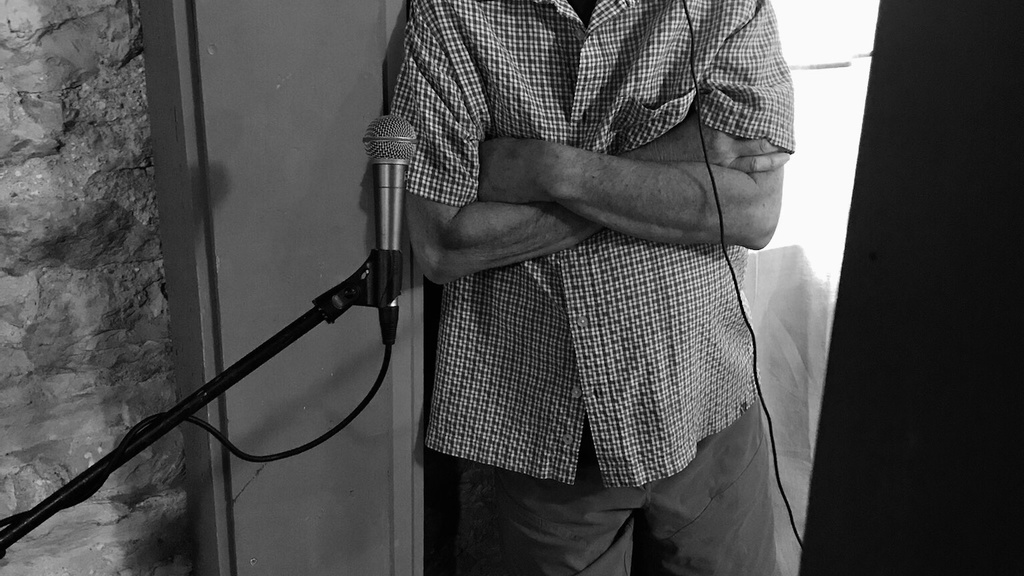
John Rapson's Communal Composition: Esteban and the Children of the Sun
In mid-June, a dozen musicians gathered in the basement of one of Iowa City’s oldest homes. There was a blues guitarist, a French mandole player, and a Celtic fiddler. The drummer was sequestered in the laundry room, and an electric guitarist’s amp was routed through a shower stall to limit distortion. In the midst of it all was John Rapson.
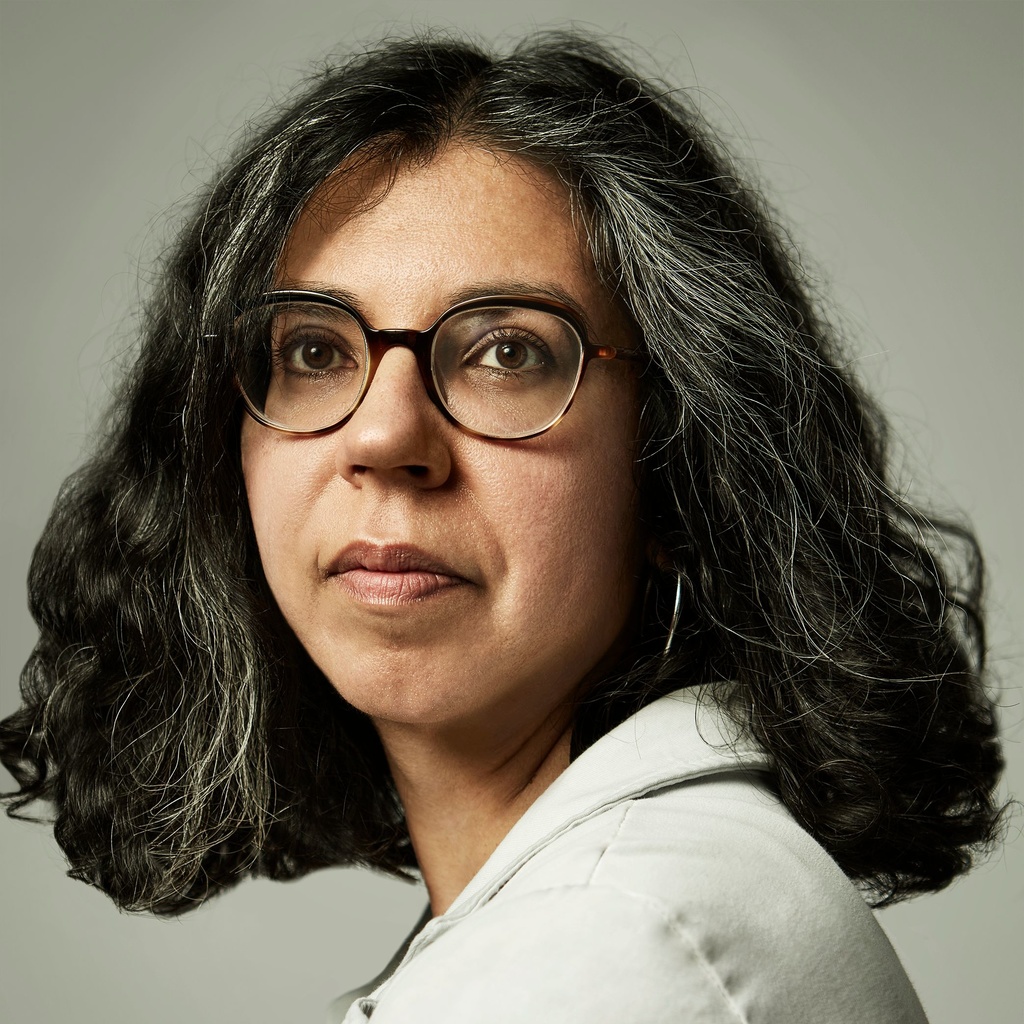
The Kindness of Strangers: Philosopher seeks to make caregiving disparities and their effects visible
During the pandemic, many of us have relied on the kindness of strangers. The work of people we didn’t know—store clerks, nurses, childcare providers, delivery people, and warehouse workers—allowed many of us to stay home during the past year and a half. As in the case of Blanche DuBois—she of Streetcar Named Desire fame—this reliance may have helped us in the short run, but it’s not necessarily the best societal approach to receiving care. Frontline workers are inordinately female and people of color....
Pagination







